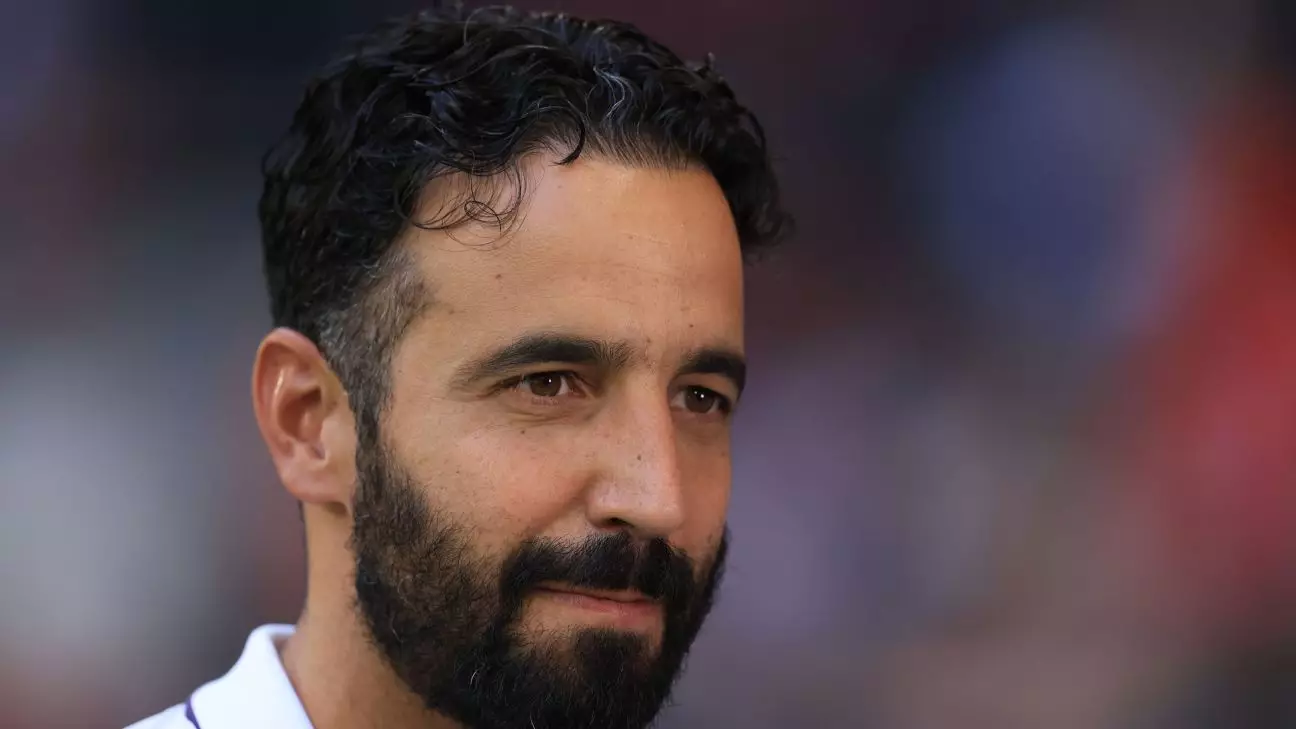Manchester United finds itself at a critical crossroads in the ongoing summer transfer window, facing the stark reality that it may begin the upcoming season without a designated No. 9. Despite significant investment and interest from multiple angles, the club’s pursuit of a proven striker has largely stagnated. The frustration is palpable; after spirited efforts to land Liam Delap, Viktor Gyökeres, and Hugo Ekitike, the club has yet to secure a new goal scorer. This suggests a more cautious, perhaps even hesitant, approach rather than an overly aggressive pursuit. The club’s management seems acutely aware that adding a new striker would necessitate squad restructuring—dismantling parts of an already fragile attacking line or finding a way to integrate a new player seamlessly. This internal dilemma underscores how high the stakes are for Manchester United, not just to secure goals but to stabilize their attacking core for the long term.
While the lack of a recognized striker looms, recent signings have injected fresh optimism. The arrivals of Matheus Cunha and Bryan Mbeumo, with a combined goal tally of 35 in the Premier League last season, demonstrate Manchester United’s intent to bolster its offensive options. Yet, these acquisitions, although promising, aren’t the quintessential No. 9 that the club desperately needs. The focus shifts to whether these players can adapt quickly to a central role or if tactical reshuffling, like utilizing Mbeumo in the striker position within Amorim’s 3-4-3 setup, might be the pragmatic alternative. It raises the uncomfortable truth that Manchester United could potentially launch into the season with a makeshift attack, risking underperformance in a league where ruthless finishing often defines success. This situation reveals a delicate balancing act between strategic patience and aggressive pursuit of proven talent—an act the club has yet to master fully this window.
Historically, Manchester United’s transfer strategy has oscillated between high-profile signings and cautious squad building. Currently, the club’s approach seems more conservative, assessing potential targets while weighing the risks of rushing into a deal. This stance might reflect a desire to maintain financial flexibility or a recognition that the current market offers limited options for top-tier strikers at a reasonable price. Moreover, the potential swap deal involving Alejandro Garnacho and Nicolas Jackson indicates a willingness to explore unorthodox solutions, possibly hinting at a broader strategic overhaul. Yet, this also points to underlying issues—perhaps a lack of clarity in recruitment priorities or a reluctance to overpay for players who may not significantly elevate the team’s immediate prospects. As the transfer deadline approaches, Manchester United must decide whether they are content to gamble on internal options or if willpower and urgency will yield a proven goal scorer in time. The coming weeks will undoubtedly test the club’s resilience and strategic judgment—where patience and boldness will clash in the pursuit of a squad capable of competing at the highest level.

Leave a Reply